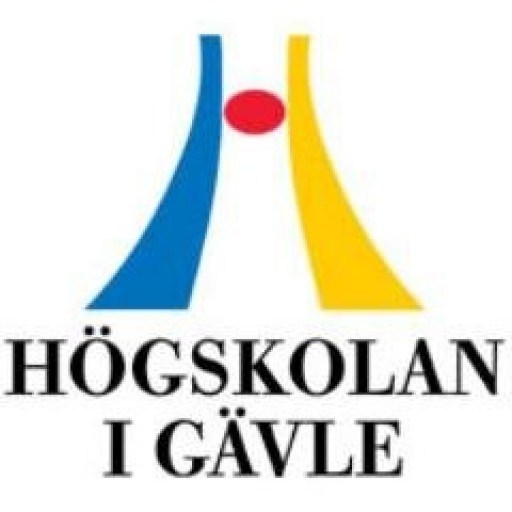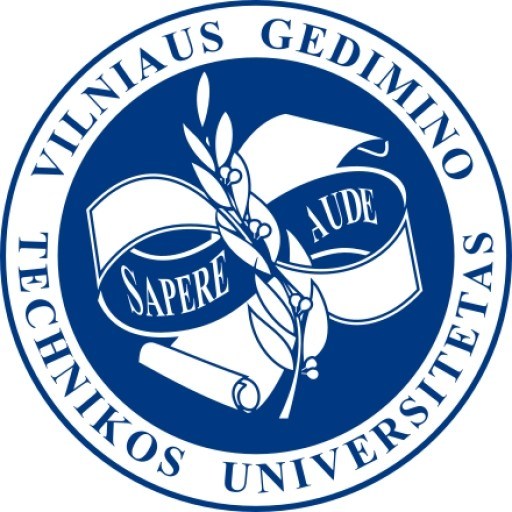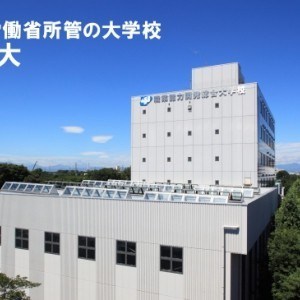Photos of university / #mitthig
The Bachelor's Programme in Energy Systems at the University of Gävle offers students a comprehensive education in the design, development, and management of modern energy systems. This programme is meticulously structured to equip students with the essential technical knowledge and practical skills needed to meet the growing global demand for sustainable and efficient energy solutions. Throughout the programme, students explore a wide range of subjects including electrical engineering, renewable energy technologies, power plant design, energy management, and environmental sustainability. The curriculum combines theoretical coursework with practical laboratory work, project-based learning, and industry internships, providing students with real-world experience and fostering their problem-solving abilities.
The programme emphasizes the importance of sustainable development and energy efficiency, preparing graduates to contribute positively to society by developing innovative energy systems that reduce environmental impact. Students learn to analyze complex energy challenges, design energy solutions, and evaluate their economic and environmental feasibility. The curriculum also covers topics such as automation, control systems, and information technology relevant to modern energy infrastructure. Internationally oriented, the programme encourages intercultural exchange and collaboration, enhancing students' global competencies.
Graduates of the programme will be well-prepared for careers in energy production, engineering consultancy, system design, and project management within energy companies, authorities, and industries. The programme provides a solid foundation for further studies at the master's level, paving the way for advanced specialization in areas like renewable energy, smart grids, or energy policy. With a strong focus on sustainability, innovation, and applied engineering, the Bachelor's Programme in Energy Systems at the University of Gävle aims to develop motivated professionals capable of shaping the future of global energy.
The Energy Systems program at the University of Gävle offers a comprehensive education focused on the development, management, and optimization of energy systems. This multidisciplinary program combines principles from engineering, environmental science, and technology to equip students with the skills necessary to address the global challenges related to sustainable energy production and consumption. Throughout the program, students will explore various sources of energy such as fossil fuels, renewable resources like wind, solar, hydro, and biomass, and learn about their integration into existing power grids. The curriculum emphasizes system analysis, energy efficiency, and innovative solutions for energy management in residential, commercial, and industrial sectors. Students will engage in laboratory work, software simulations, and project-based learning to develop practical skills in designing and evaluating energy systems. Special attention is given to the environmental impacts of different energy sources and the economic considerations involved in implementing sustainable solutions. The program encourages interdisciplinary collaboration and critical thinking to prepare graduates for careers in energy consulting, system design, project management, and policy-making. Additionally, students will stay updated on the latest technological advancements, regulations, and trends shaping the future of energy systems worldwide. With a combination of theoretical knowledge and practical experience, graduates from this program will be well-equipped to contribute to a sustainable energy future. The program is suitable for individuals interested in engineering, environmental issues, and technological innovation, seeking to make a meaningful impact on energy usage and sustainability.
The Energy Systems program at the University of Gävle is designed to provide students with a comprehensive understanding of modern energy production, distribution, and utilization. Admission requirements typically include a completed upper secondary education with documented proficiency in English, demonstrating skills equivalent to at least English B or C level. Applicants must also meet specific academic prerequisites, often involving a background in engineering, technology, or related scientific disciplines to ensure foundational knowledge necessary for advanced coursework. Additionally, prior knowledge in mathematics, physics, and technical subjects may be required to succeed in the program's demanding curriculum. The university may also specify minimum grade point averages or specific coursework achievements as part of their criteria. Some applicants might be asked to submit motivation letters or personal statements explaining their interest in energy systems and their career ambitions in the field. For international students, certification of language proficiency, such as TOEFL or IELTS scores, is essential to demonstrate sufficient command of English. The program's requirements are aligned with the University of Gävle's standards for higher education in Sweden, aiming to select candidates capable of engaging with complex technical concepts and contributing to advancements in sustainable energy solutions. Furthermore, prospective students should review the application deadlines and ensure all supplementary documents, such as transcripts and identification, are prepared in accordance with the university's submission guidelines. Meeting the minimum requirements does not guarantee admission, as the selection process may involve assessment of academic records, motivation, and potential for success in the program. Prospective students are encouraged to consult the university's official admissions portal for the most detailed and up-to-date information on program requirements and application procedures.
The financing of the Bachelor's Degree Programme in Energy Systems at the University of Gävle is primarily based on government funding, student tuition fees, and available financial aid options. As a Swedish university, the University of Gävle receives funding from the Swedish government to support domestic students and certain international students, depending on their nationality and residence status. For Swedish and EU/EEA students, tuition fees are generally not applicable, as education is subsidized by the government, making higher education more accessible. However, for non-EU/EEA international students, tuition fees are applicable and are set annually by the university; these fees contribute to the overall funding structure of the program.
Students have the opportunity to apply for various scholarships and grants, both from the university and external organizations. The University of Gävle offers scholarships aimed at promoting international student mobility and supporting students with financial difficulties. Additionally, students may be eligible for government student loans and grants, such as those provided by the Swedish CSN (Centrala Studiestödsnämnden), which covers living expenses and study costs for eligible students.
Aside from direct financial aid, students can also explore part-time employment opportunities available on or near campus, which can help offset living expenses. The university provides career services and guidance to assist students in finding suitable part-time positions and internships related to their field of study, which can be invaluable for financial support and gaining practical experience.
Furthermore, students are encouraged to consider external funding opportunities such as scholarships from external foundations, industry partners, and international organizations interested in energy technology and sustainable development. These external sources often have specific eligibility criteria and application processes, which students should review early in their studies.
In summary, the financing of the Energy Systems program at the University of Gävle involves a combination of government subsidies, tuition fees (for non-EU/EEA students), scholarships, government grants, and employment. The university’s support services help students navigate available financial resources to facilitate their studies and reduce financial barriers.
The Energy Systems program at the University of Gävle is designed to provide students with a comprehensive understanding of sustainable energy technologies, energy management, and the future challenges associated with energy production and consumption. The program aims to equip future engineers with the skills necessary to analyze, develop, and implement efficient energy systems that support environmental sustainability and economic growth. Throughout the course, students are introduced to various forms of energy sources, including renewable options such as wind, solar, and bioenergy, alongside traditional fossil fuels. The curriculum also emphasizes the importance of energy efficiency, smart grids, and the integration of new technologies into existing energy infrastructure. Participants gain theoretical knowledge complemented by practical skills through laboratory work, project-based learning, and industry collaborations, preparing them for real-world challenges in the energy sector.
The program typically lasts for three years, culminating in a Bachelor's degree, and is delivered in English to attract both national and international students. It covers fundamental topics such as thermodynamics, power systems, electrical engineering, environmental impact assessments, and energy policy. Emphasis is also placed on innovation and research methods, enabling students to contribute to advancements in energy technology. The program is well-suited for those interested in working with energy systems design, consultancy, or research within the rapidly evolving field of sustainable energy. Graduates are equipped to work in various sectors, including energy companies, government agencies, environmental consultancy firms, and research institutions. The University of Gävle also offers opportunities for internships and exchanges, providing students with valuable industry experience and international exposure. Overall, the Energy Systems program aims to develop skilled professionals who can contribute to the transition to a sustainable energy future.








